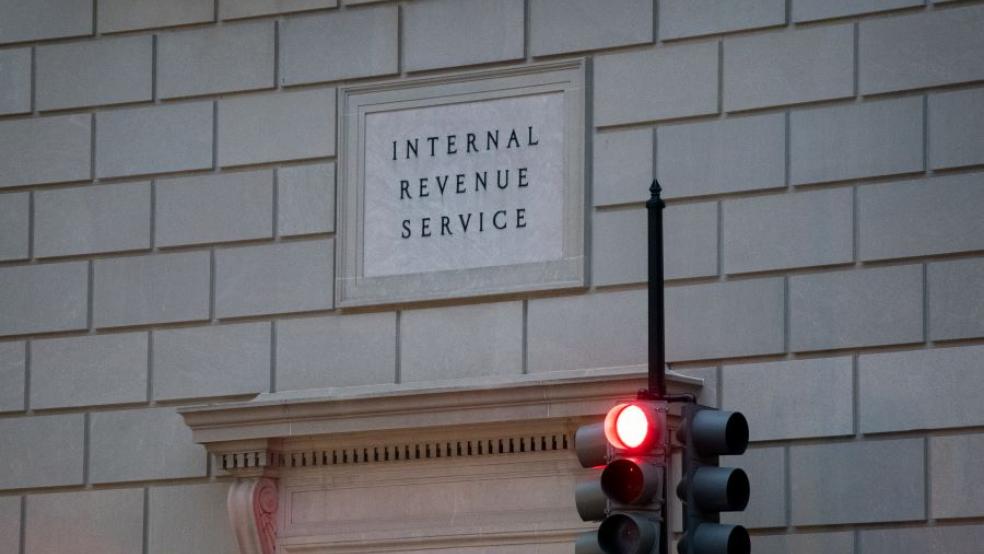The exact date on which the U.S. will run out of cash to pay its bills is a moving target, with much depending on how robust tax revenues are this month. With the Treasury Department already taking what it calls extraordinary measures to keep its payments flowing, Treasury Secretary Janet Yellen has warned that those maneuvers may remain viable only until early June, at which point the U.S. could default on its debt if Congress fails to act. Other analysts think the Treasury will likely have a little more time, with Moody’s Chief Economist Mark Zandi citing mid-August as the potential crisis point.
On Tuesday, analysts at Goldman Sachs warned that the date could arrive sooner rather than later due to less robust revenues coming into the IRS. “While the data are still very preliminary, weak tax collections so far in April suggest an increased probability that the debt limit deadline will be reached in the first half of June,” Goldman’s Alec Phillips and Tim Krupa said in a research note.
The analysts said their base case is now focused on late July, “but this could easily change to a base case of early June if tax receipts continue to undershoot.” If the Treasury can make it past early June, then late July becomes the next potential date, since there is typically a burst of tax revenues in mid-June that should keep the Treasury flush for a few weeks.
Lower capital gains tax revenues are a key factor in the changing outlook. Goldman analysts expected those revenues to fall by 28% relative to last year, when receipts were boosted by strong market returns in 2021, but so far, they have been 39% lower. If capital gains tax revenues remain 35% to 40% lower relative to 2022, then an early June deadline is likely, Goldman said.
Scramble for a deal? We will have a stronger sense of where tax revenues stand later this month as the Treasury updates its numbers. Phillips and Krupa said that if Treasury were to announce that the deadline is just a few weeks away given the updated revenue data, that would raise the probability that lawmakers need to scramble to make a short-term deal to raise the debt ceiling, since there would be little time to strike a more comprehensive agreement.
Shai Akabas, director of economic policy at the Bipartisan Policy Center, underlined the importance of this year’s tax revenues and the effect they could have on the debt ceiling negotiations. “If cash flows are dramatically short of expectations and could result in the need to act in June, then things will start moving very quickly once we get into May,” he told CNN. “Whereas if they feel like they have an additional month or two or more, then they’ll likely take up that time, as we’ve seen them do time and again in the past.”
Cowen Analyst Chris Krueger said Tuesday that if Treasury sticks with its early June projection, any short-term deal in Congress would likely last just a few months. House Republicans could opt to raise or suspend the debt limit until the end of the fiscal year in September, creating the possibility for a dual showdown over the debt ceiling and government funding that culminates at the start of the new fiscal year on October 1 — neatly combining the threat of a debt default and a government shutdown all at once.




